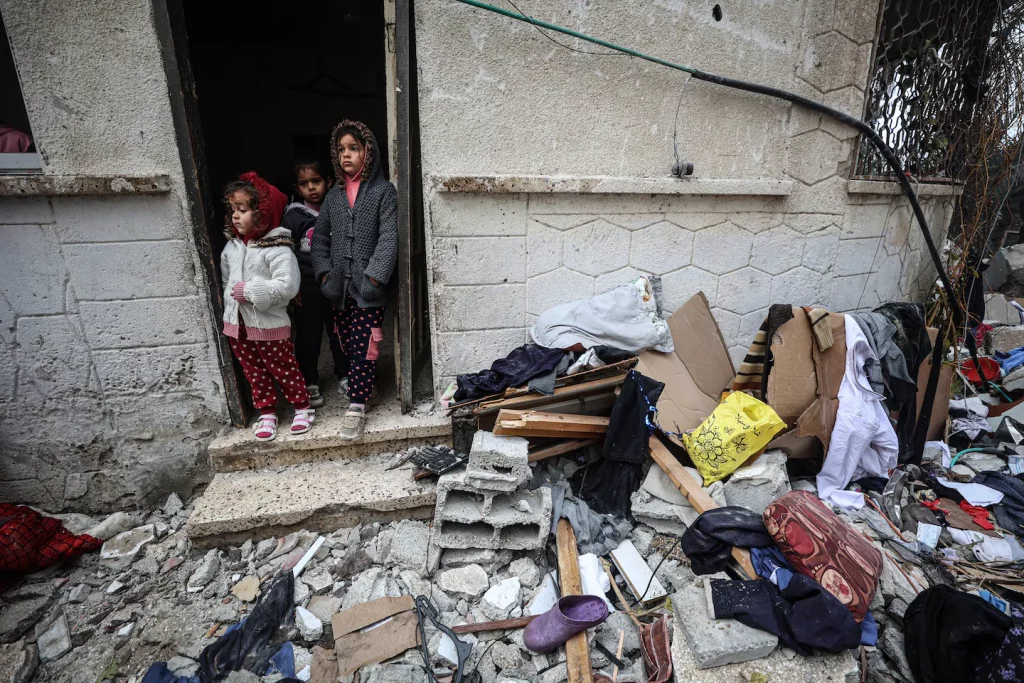EU warns against new Israeli genocide in Rafah

The EU has warned Israel against a new genocide in Rafah, according to Reuters, while suspensions of Israel’s arms imports are threatened.
All 26 EU countries, except Hungary, issued a warning over Israel’s latest scheme to launch a ground invasion in Rafah, on 19th February.
As the Gaza strip’s most southern city acts as a crammed refuge to around 1.5 million refugees, Ireland’s Foreign Minister, Michael Martin, voiced his concerns stating that “an attack on Rafah would be absolutely catastrophic.”
Germany’s FM, Annalena Baerbock highlighted that “over a million people went to south Gaza because the IDF (Israel Defence Forces) told them so.” Israel’s actions and evacuation requests have led to 90% of Gaza’s total population to be displaced.
While Israel continues to hide behind their “right to self-defence” and tiptoe around international laws claiming that the IDF is doing “what is necessary to defend our country and defend our people,” EU foreign policy chief, Josep Borrell said that with “so many people in the streets of Rafah, it will be impossible to avoid civilian casualties.”
Therefore Israel would be ignoring the International Court of Justice’s call for Israel to minimise civilian casualties, and be found guilty of inciting actions of genocide. However, Israel refuses to recognise the ICJ.
The EU have already declared that Israel is in danger of becoming a pariah state due to the relentless and vast blood shed the IDF caused in Gaza.
The Guardian reported that the UK are considering a suspension in their arms exports to Israel, if Benjamin Netanyahu follows through with the ground offensive.
Borrell has already asked the US to cut arms supplies to Israel, stating to reporters that, “If you believe that too many people are being killed, maybe you should provide less arms in order to prevent so many people being killed.”
Last year, Borrell also commented on and strongly condemned the Israeli settler violence in the West Bank, and – much like Morocco’s king – stressed the need for a two-state solution.
Reuters/The Guardian
Want to chase the pulse of North Africa?
Subscribe to receive our FREE weekly PDF magazine













